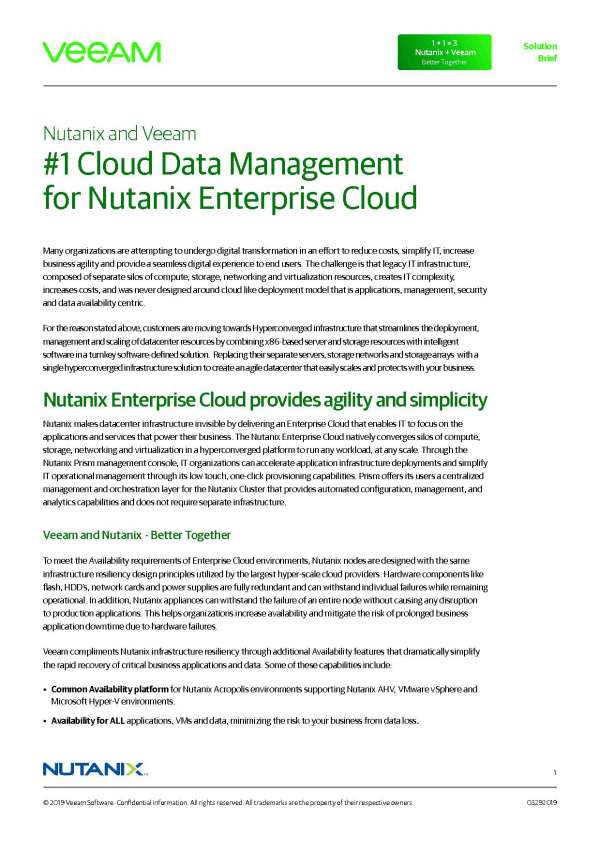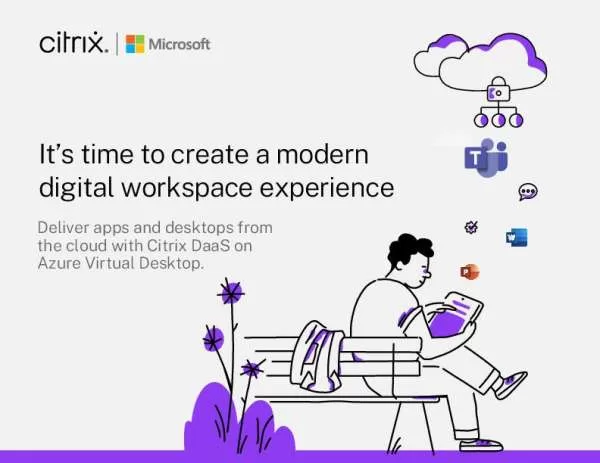What progress has been made on cybersecurity disclosures? Here’s insight and takeaways from the Harvard Law School Forum on Corporate Governance.
HP ScanJet Enterprise Flow BLI 2023 Pick Award
Hybrid Work is Just Work. Are We Doing it Wrong?
Winner! HP ScanJet Enterprise Flow
A free consultation on managing cyber risk
It’s Time to Create a Modern Digital Workspace Experience
Organizations tempt risk as they deploy code more frequently
Nutanix and Veeam: #1 Cloud Data Management for Nutanix Enterprise Cloud

This solution brief, brought to you by Tech Hero, discusses that #Nutanix makes datacenter infrastructure invisible by delivering an Enterprise Cloud that enables IT to focus on the applications and services that power your business. It also explains that #Veeam complements Nutanix infrastructure resiliency through additional availability features that dramatically simplify the rapid recovery of critical business applications and data. #LenovoDataCenter
Ready for the New Workforce

Ready for the new workforce. The #Lenovo ThinkPad Z13 and Z16 are powerful laptops that are modern and streamlined, fast and powerful, and responsibly and sustainably manufactured. Tech Hero recommends reading this eGuide to learn more. Contact us for further details. Lenovo No Limits is here for you.








